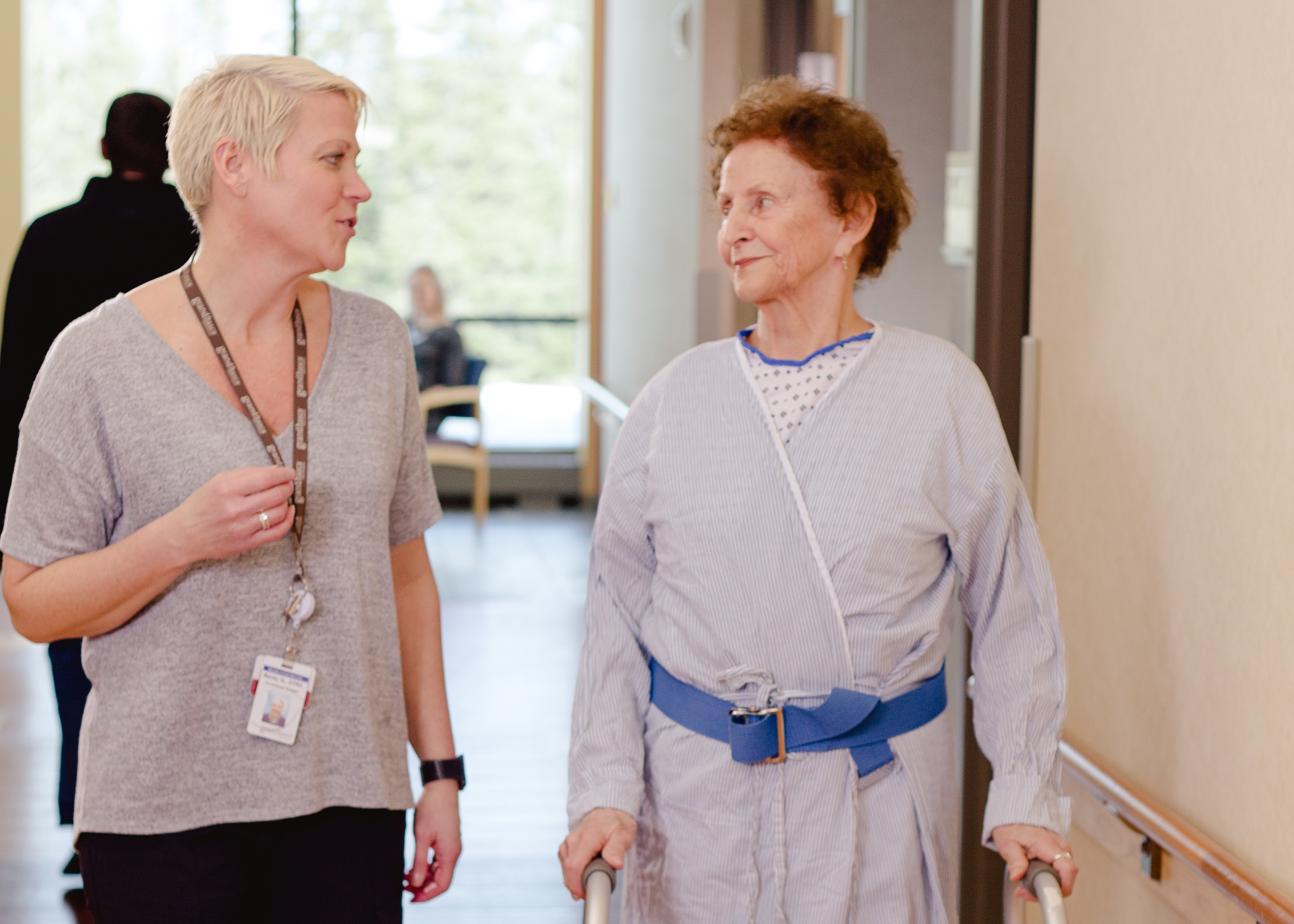
Health and Wellness
Understanding Bone Density
- March 19, 2021
- By Staff Writer
Women usually need to start thinking about bone density after menopause—but sometimes sooner, depending upon conditions or illnesses that patients may have or certain medications they may be taking.
Discovering Density
A person can learn their bone density by getting a bone density scan. This imaging test shows the amount of minerals (such as calcium) found in your bone. Normally a bone density scan is recommended for women after they go through menopause. It could also be recommended prior to menopause if:
-
You are breaking bones
-
You are shrinking in height
-
You are on medications that increase your risk of developing osteoporosis
Osteoporosis Risk Factors
Osteoporosis is a bone disease that causes bones to become weak and break easily, and it can be hereditary. A patient's family history can reveal if their mother or grandmother experienced osteoporosis, early hip fractures, or vertebral fractures. Osteoporosis is seen more often in women vs. men, because women usually have smaller bones than men.
There are certain things that can increase your risk factors of developing osteoporosis. Some things that you cannot change include your age, gender, and family history. Some things women can change include certain medications that they are taking but may not need to continue long-term.
Other risk-reducing habits include following a healthy diet, getting plenty of calcium and vitamin D, and getting exercise—especially weight-bearing exercise with low-impact weights. Walking or jogging as we get older and doing things to help with our balance such as tai chi or yoga is also very beneficial.
Building Strong Bones
Rose Villeneuve is a Nurse Practitioner in internal medicine at Grand Itasca. “I think women of all ages, should be making sure they get enough calcium and vitamin D,” she states, “because it can help prevent osteoporosis in the future.” Ms. Villeneuve also advises patients to keep bones strong by eating foods that are fortified with vitamin D. “If you're not able to get enough calcium through your diet, then you may want to use over-the-counter supplements,” she says.
Annual exams are very important. At that appointment, your doctor will help determine if you need a bone density scan. It would be a good idea to discuss with your health care provider whether you might benefit from having a bone density scan to evaluate for osteoporosis or early bone loss and to determine what type of treatment would be best for you.